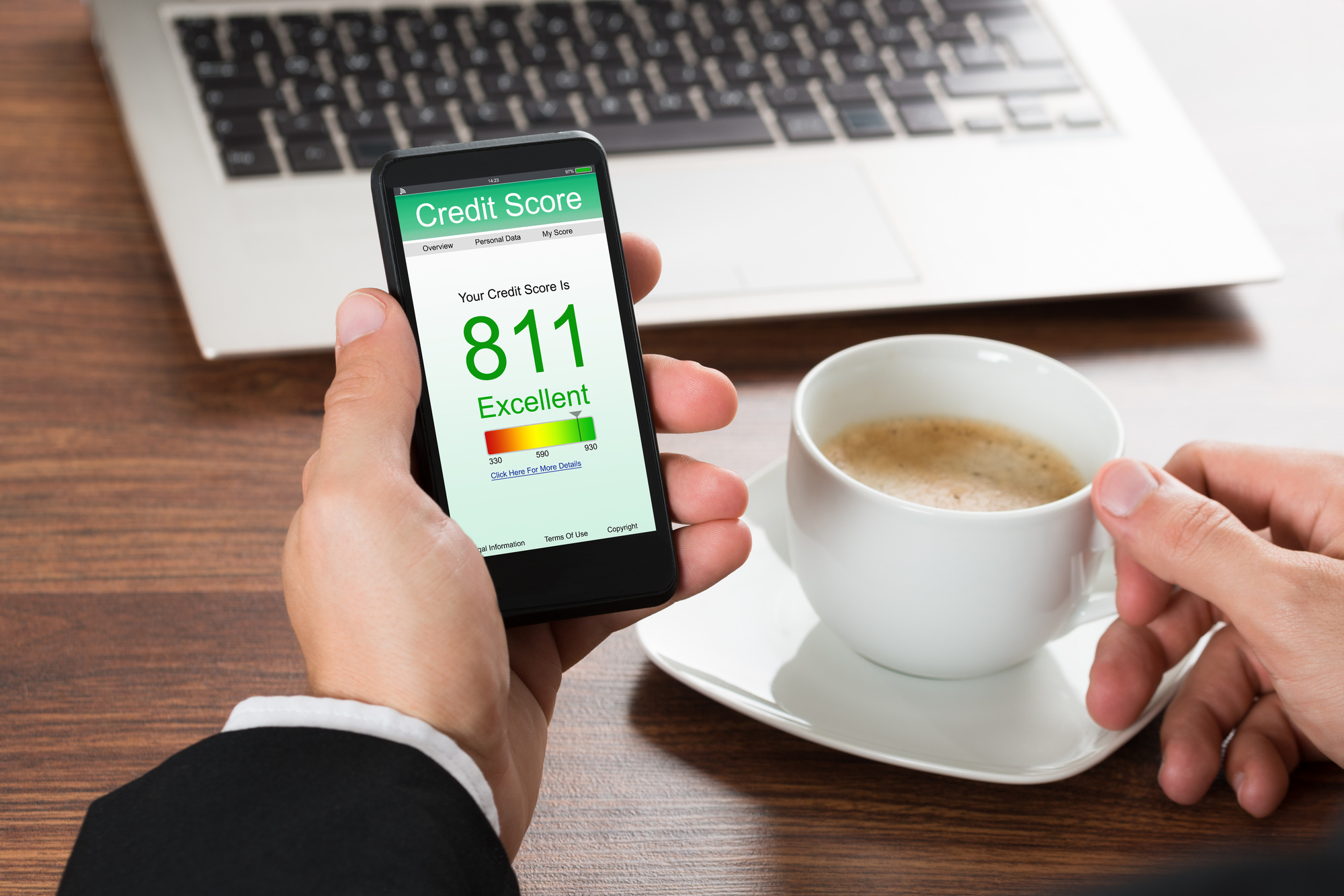What is a Good Credit Score?
While nearly one-third of all Americans have a “bad” credit score, even they aren’t doomed to never being able to achieve their financial goals. Most of them might not even understand what’s a good credit score if they had one anyhow. If you’re looking to build a stronger financial foundation for your next large purchase or investment, you can bounce back from even a poor credit score.
Learn more about how to check your credit score and what it actually means below.
Checking Your Credit Score
There are a few ways to look at your credit score to decide whether or not you have good credit. You’re entitled to get to access your credit score for free from most of the major credit reporting agencies. While they’re not always updated on a daily basis, some are.
When you sign up, you’ll verify your personal information to ensure that you’re the right person to access your information.
Along with your credit score, you usually get information about what the elements are that are impacting your score. You’ll get recommendations on how to improve it and which credit cards are best for someone with your credit.
If you’ve taken care to always pay your bills on time and haven’t racked up too much credit card debt, you should be in good shape. Be aware that it takes years to build up good credit and if you’re young you’re going to struggle to see your credit climb for a while.
Since more than half of Americans have good credit, you could be one of the lucky ones if you play your cards right. Before you check out your score, be aware that you can always turn your credit score around. Don’t be discouraged if your score isn’t as good as you’d like it to be.
Understanding The Average
Across the country, there is a broad range of scores based on the people who have gotten themselves into debt and those who have been lucky not to. The average score in the country is 687, which is a fairly respectable number, higher than in previous years.
If you live in Minnesota, you might have a higher than average score, as the statewide average is 718. Some areas will be higher than others, however, just because a city or neighborhood is wealthy, that doesn’t equal good credit. People who live in an area that is very competitive could have lower scores because they’ve gone into debt to keep up with others.
These scores can help you attain better rates on financial products like loans and credit cards. If you have a high score, you’ll get a better mortgage rate than someone with a lower score. The bank knows that you’re financially responsible, so they’ll be willing to give you a lower rate, knowing they won’t have to chase you down.
Get To Know The Range
Broadly speaking, credit scores range from about 300 to as high as 850. To get a 300, you would have to have gone bankrupt and delinquent several times. You’d be lucky to be able to get any kind of credit card if you go that low.
However, if you have poor credit because of a few bad financial decisions, you could still climb your way up with some work. There are high-interest rate loans and credit cards available to people with weaker credit.
While there isn’t much of a difference between 800 and 850, you’ll find that the range between 650 and 700 contains a lot of variation. If you apply for a credit card in this credit range, you might get a wide variety of offers for interest rates. That’s because this is a tipping point for where people could end up tumbling downward or building strong credit on their way up.
With a good credit rating, you could get a better rate on your insurance or a better deal on a used car. With a bad rating, you might struggle to get some used car dealerships to talk to you at all.
Getting Good Credit
If you take a look at your credit score and you aren’t happy with what you see, don’t stress out about it. This is probably one of the first times you’ve taken a look at your credit, which means there’s likely time for you to fix your credit. Fixing your credit might sound like a challenge, but it’s simpler than it might seem.
For anyone who has yet to totally destroy their credit, there’s a lot of hope to improve it.
Start with a credit card that doesn’t charge you any major fees to use it. If you can qualify for a card, even one that requires a deposit and is secured, you’ll be taking a step in the right direction to good credit. By using a credit card and paying it off regularly, you’ll be able to build up credit and trust through a financial institution.
Avoid overspending once you get your credit card. While you’re given limits that you’re allowed to go up to, it’s dangerous territory. Unless you earn your credit card limit on a weekly basis from your job, you should keep it to under 30% of your limit. Essentially that’s how it’s calculated anyway.
Always pay your bill on time when it’s due and keep your bill down to zero. Late payments will not only result in fees, but it could lead to dings on your credit score, which is the whole reason you got the card. Build good habits with your card, not bad ones.
Knowing What’s a Good Credit Score is Easy
Once you’ve got a grasp on what’s a good credit score, you can size yourself up to compare to other people. It’s tough to have a less than stellar credit score and still get the things you want out of life, but with a little bit of work on your financial health, you can get there.
If you really want to get a grip on why you have a bad credit score, check out our guide here.




Leave a Reply
Want to join the discussion?Feel free to contribute!